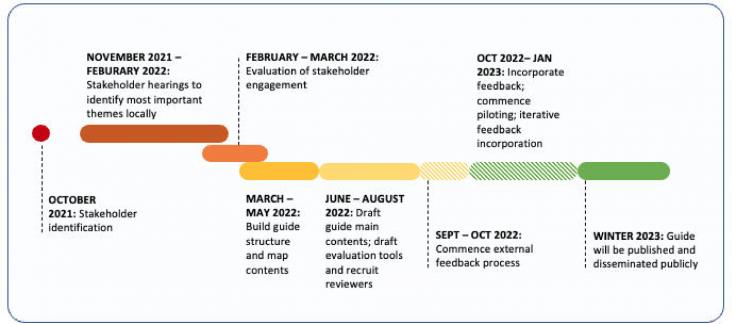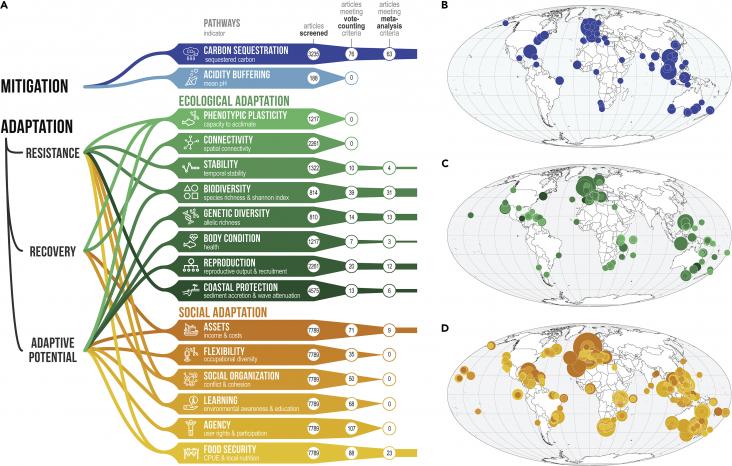This report supports SDGs 3 and 13 by monitoring and evaluating the effects of climate change on health in Europe, and the benefits to health of climate action. By tracking 33 indicators in a variety of domains, the report shows that climate-related health risks in Europe are accelerating, and current adapation and mitigation strategies are insufficient. Ambitious strategies are required to prevent worsening harms to human health.
This report supports SDGs 3 and 13 by examining the health effects of climate change globally. It notes the severe harms and health risks being caused by climate change around the world, such as increased extreme weather events, heatwaves, spread of infectious diseases, and threats to food security. It notes the critical need for long-term emissions reduction policies, with a move away from fossil fuels to clean energy sources.
This Article supports SDGs 3 and 13 by using credible climate and population projections to estimate future heatwave-attributable deaths under different emission scenarios and to explore the drivers underlying these patterns of changes in China.
To achieve SDG 13 (Climate action), urban areas must reduce energy use and transition to greener energy sources. This One Earth Research Article shows how innovative photovoltaic windows could contribute, especially in buildings with lots of windows. The work also supports supports sustainable industrialization and innovation (SDG 9) and affordable clean energy (SDG 7).
Bay of Bengal (BoB) has immense significance with respect to ecological diversity and natural resources. Studies on microbial profiling and their functional significance at sediment level of BoB remain poorly represented. Herein, we describe the microbial diversity and metabolic potentials of BOB deep-sea sediment samples by subjecting the metagenomes to Nanopore sequencing.

Climate justice and health education can address the disproportionate health impacts of climate change on minoritized communities by providing frameworks to build awareness and instigate action on climate-related health inequities.
This article supports SDG 13 by demonstrating the climate change mitigation potential of different land-based options and highlighting the importance of analyzing their implications for biodiversity and other ecosystem services to support the design of solutions that can co-deliver for multiple challenges.
Food insecurity is a significant public health problem for Indigenous peoples in Canada.
This Personal View supports SDGs 3 and 13 by reviewing the ways that climate risks affect all aspects of the COVID-19 pandemic, including transmission, perception, and response. The authors highlight the importance of considering climate risks in relation to COVID-19 response measures.

This article reports the significant climate mitigation and adaptation efforts via marine conservation activities.
